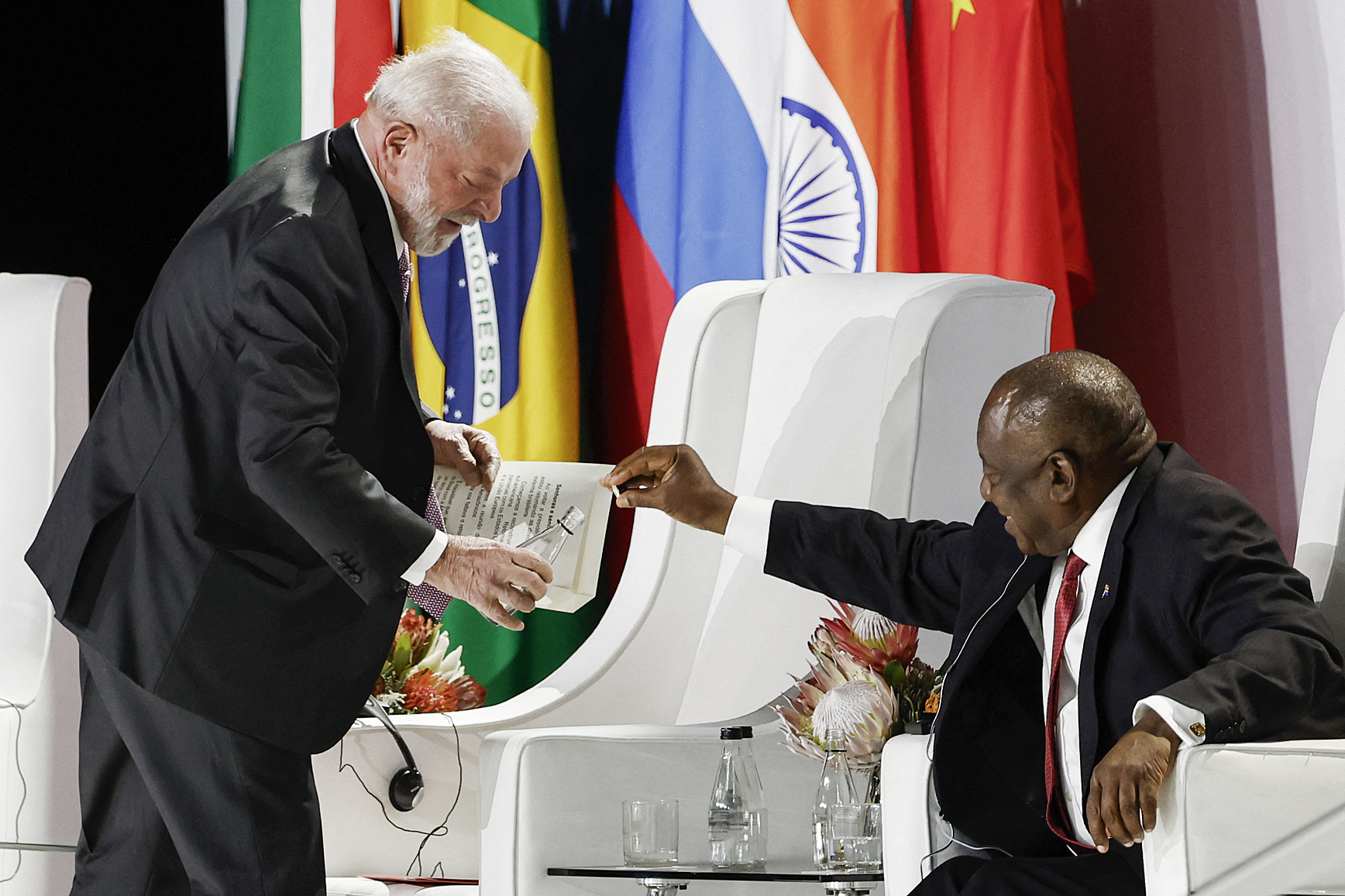Under Brazil’s current presidency, and with South Africa set to take the helm in 2025, the G20 has a historic opportunity to address some of the most pressing current global issues of inequality, driven by systemic racism and gender discrimination, that reverberate in all matters including the climate crisis.
The G20 is well positioned to turn the page to a new landscape shaped by human rights and principles of solidarity, equality, non-discrimination and sustainable development.
To do this, world leaders must act now to put human rights at the heart of all climate action decision-making, provide adequate grant-based climate finance and ensure a rapid, equitable and just transition to zero-carbon economies in a manner that reduces inequalities between and within countries.
Marginalised communities must meaningfully participate in decision-making processes to guarantee the right to self-determination and to ensure the free, prior and informed consent of indigenous peoples.
Effective measures must be adopted without delay. Time is running out and world leaders can no longer get away with grandiose pronouncements that are not followed by action.
The world is currently caught in a downward spiral fuelled by multiple and overlapping crises. Day after day, we are seeing devastating new human rights harms from climate-related disasters, as we nudge towards overshooting 1.5°C warming above pre-industrial levels.
Vulnerability to climate change is exacerbated by inequality, and gender and racial discrimination, among other factors. Furthermore, people facing racism and intersecting forms of discrimination continue to be excluded from decision-making spaces.
Both Brazil and South Africa are countries with some of the highest levels of structural inequality and persistent systemic racism, which shows the unequal burden carried by racialised and marginalised populations in the global South.
This unequal distribution is part of the persisting legacy of historical colonial dispossession, extractivism and exploitation of labour. Brazil is still one of the countries with the highest rates of human rights defenders and environmentalists being killed, especially those working on land and territory issues and who are part of black or indigenous peoples.
In South Africa, rates of gender-based violence continue to increase year on year, socioeconomic rights are under threat particularly in black communities that are living in poverty, while human rights defenders fighting for socioeconomic and environmental rights continue to be targeted and killed with impunity.
Amnesty International’s work in Brazil and South Africa has continually sought to address the growing inequality, racial and gender-based violence and discrimination, and the lasting impact of the climate crisis on people’s lives and livelihoods.
A key proposal by Brazil is the voluntary adoption of a new Sustainable Development Goal 18 on Combating Racism and Promoting Ethnic and Racial Equality – an important step to advance racial justice and equality, reduce poverty and achieve a just energy transition, given the marginalisation of racial justice and equality in the present 17 SDGs.
The G20 under the leadership of Brazil and South Africa must seize this opportunity to correct course and put their words into action, especially when it comes to adding anti-racism and gender equality measures as a global priority, and core considerations in the climate response, making changes not only in propositions, but in practice.
Anything short of this, risks taking humanity deeper into the vortex. DM
Shenilla Mohamed is executive director of Amnesty International South Africa and Jurema Werneck is executive director of Amnesty International Brazil.
Op-eds
Brazil and SA must lead G20 push against global inequality and climate injustice
Both Brazil and South Africa are countries with some of the highest levels of structural inequality and persistent systemic racism, which shows the unequal burden carried by racialised and marginalised populations in the global South.




